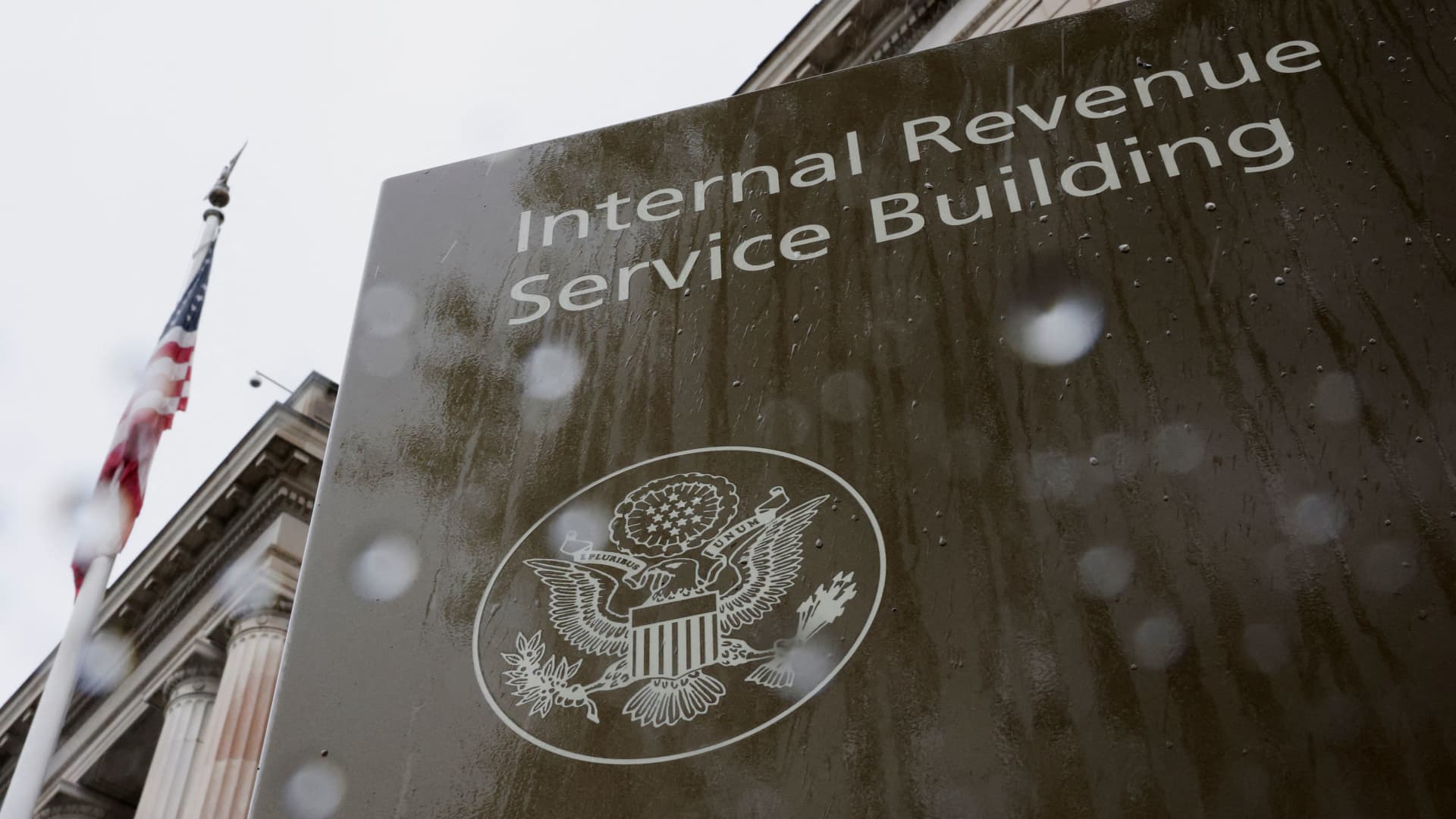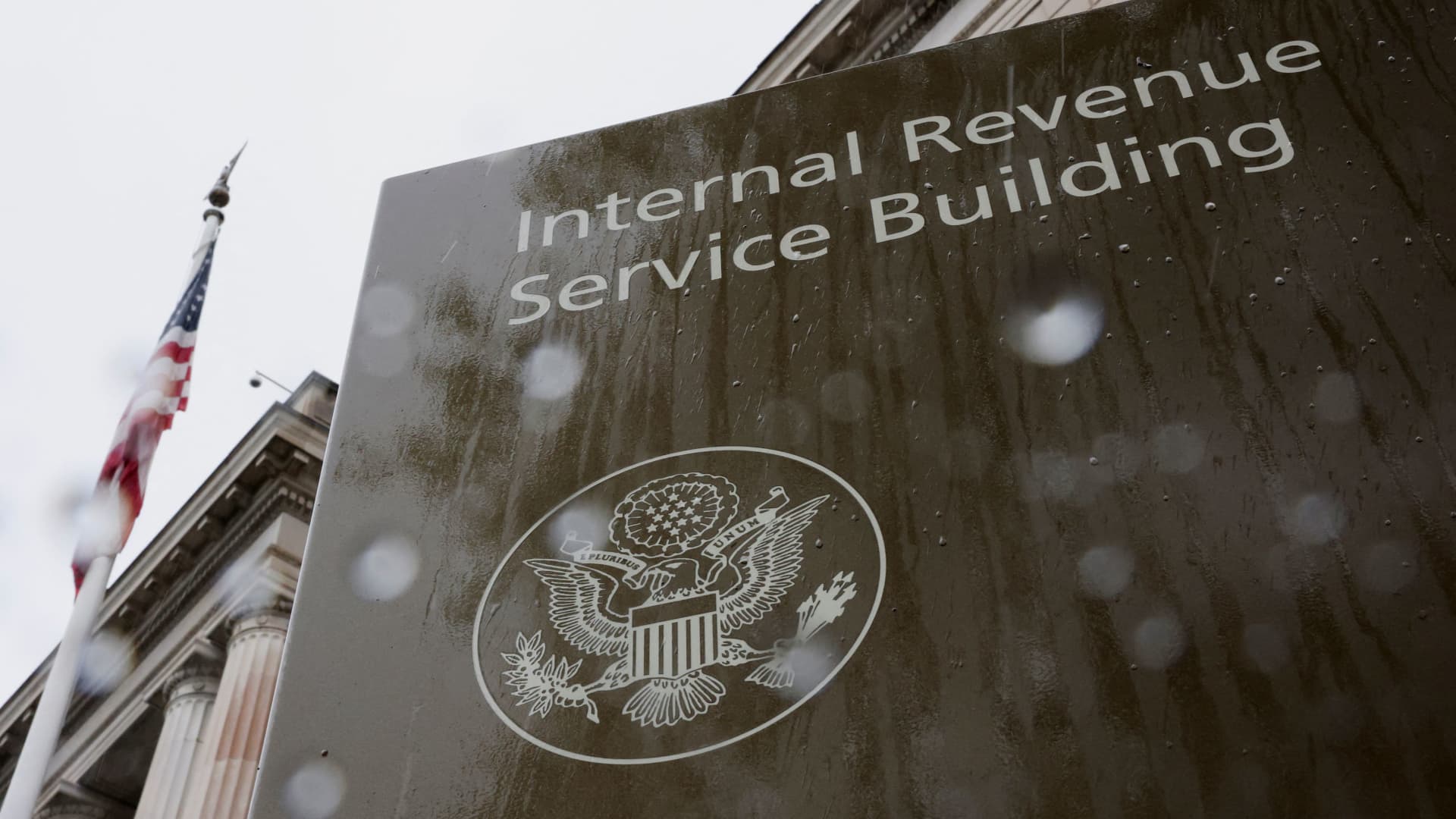The IRS’s recent announcement signaling a potential shift in its stance on churches and political endorsements has sparked a significant debate about the intersection of religion, politics, and tax policy in the United States. For decades, the Johnson Amendment has served as a cornerstone of the separation between religious institutions and political campaigns, ensuring that tax-exempt organizations like churches remained non-partisan. However, the IRS’s new interpretation of the amendment suggests that this line may be blurring, raising important questions about the future of religious institutions in the political sphere.
The Johnson Amendment, enacted in 1954, was designed to prevent 501(c)(3) organizations, including churches, from endorsing or opposing political candidates. The rationale behind this provision was straightforward: in exchange for tax-exempt status, these organizations were expected to remain neutral in political matters, focusing instead on their charitable, religious, or educational missions. This policy was intended to maintain the integrity of religious institutions by preventing them from becoming tools for political campaigns. For years, the IRS enforced this rule, creating a landscape where churches carefully navigated the line between addressing social issues and explicitly supporting or opposing political figures.
The recent IRS announcement, however, suggests a significant departure from this long-standing interpretation. The shift appears to be driven by a combination of factors, including ongoing legal challenges to the Johnson Amendment, evolving interpretations of religious freedom and free speech, and a changing political climate. A court filing related to a lawsuit involving Texas churches seems to have triggered this announcement, indicating that the IRS may be willing to allow pastors and other religious leaders to endorse political candidates from the pulpit without automatically facing penalties or the loss of tax-exempt status.
One of the most immediate concerns stemming from this shift is the potential for increased politicization of churches. If religious leaders feel empowered to endorse candidates without fear of reprisal, there is a risk that churches could become more overtly partisan. This could alienate members with differing political views, fracture congregations, and ultimately undermine the moral authority of religious institutions. Critics argue that allowing churches to engage in political endorsements could lead to a situation where religious institutions are seen as tools for political campaigns, rather than as places of spiritual guidance and community support.
The debate surrounding the Johnson Amendment and its enforcement often revolves around the tension between freedom of speech and the separation of church and state. Supporters of the IRS’s new stance argue that the Johnson Amendment infringes upon the free speech rights of religious leaders and institutions. They believe that pastors should have the right to express their political views from the pulpit, just as any other citizen. This perspective emphasizes the importance of religious freedom and the right to free expression, even in the context of tax-exempt organizations.
On the other hand, opponents of this shift contend that it erodes the separation of church and state. They argue that allowing churches to engage in overt political endorsements could lead to undue influence of religious institutions in the political process, potentially favoring certain candidates or parties and marginalizing others. They also emphasize that tax-exempt status is a privilege, not a right, and that it comes with the responsibility of remaining non-partisan. This perspective highlights the importance of maintaining the integrity of religious institutions by ensuring that they remain neutral in political matters.
Another critical consideration is the potential impact on campaign finance. Churches, as tax-exempt organizations, are prohibited from directly contributing to political campaigns. However, if they are allowed to endorse candidates, there is a risk that they could indirectly support campaigns through other means, such as promoting candidates to their congregations or using church resources to mobilize voters. This raises concerns about transparency and fairness in campaign finance, as well as the potential for undue influence by religious institutions in the political process.
The question of enforcement also remains a significant issue. Even with this shift in stance, it is unclear how the IRS will enforce the rules governing political activity by churches. Will the IRS adopt a more lenient approach, focusing only on egregious violations? Or will it continue to monitor church activities and investigate potential violations, albeit with a different set of criteria? The answers to these questions will significantly shape the practical impact of the IRS’s announcement. Religious leaders need clear guidelines on what constitutes permissible and impermissible political activity, as ambiguity could lead to confusion, self-censorship, or even unintentional violations of the rules.
The IRS’s decision to seemingly relax the enforcement of the Johnson Amendment marks a potentially transformative moment in the relationship between religion and politics in the United States. While proponents celebrate it as a victory for free speech and religious liberty, others express concern about the potential for increased politicization of churches and the erosion of the separation of church and state. Only time will tell how this shift will ultimately play out, but one thing is certain: the debate over the role of religion in politics will continue to be a central and often contentious issue in American society.
In conclusion, the IRS’s shifting stance on churches and political endorsements represents a significant departure from long-standing policy. While the full implications of this change are still unfolding, it is clear that this shift has the potential to reshape the relationship between religion and politics in the United States. As the debate continues, it will be important for all stakeholders to engage in thoughtful and respectful dialogue about the role of religious institutions in the political process. Ultimately, the goal should be to strike a balance that respects both the principles of religious freedom and the importance of maintaining the separation of church and state.












